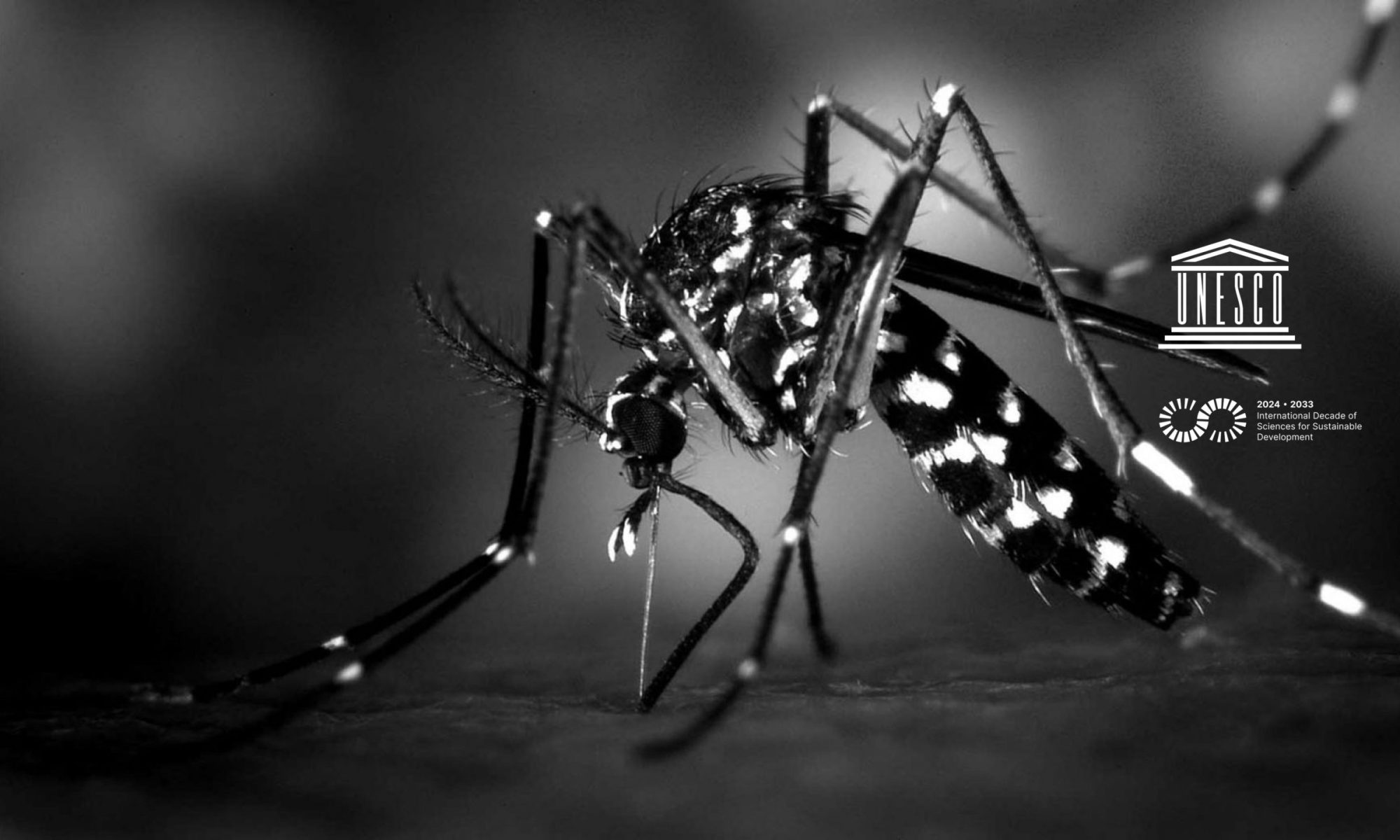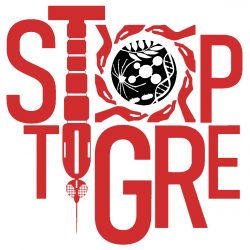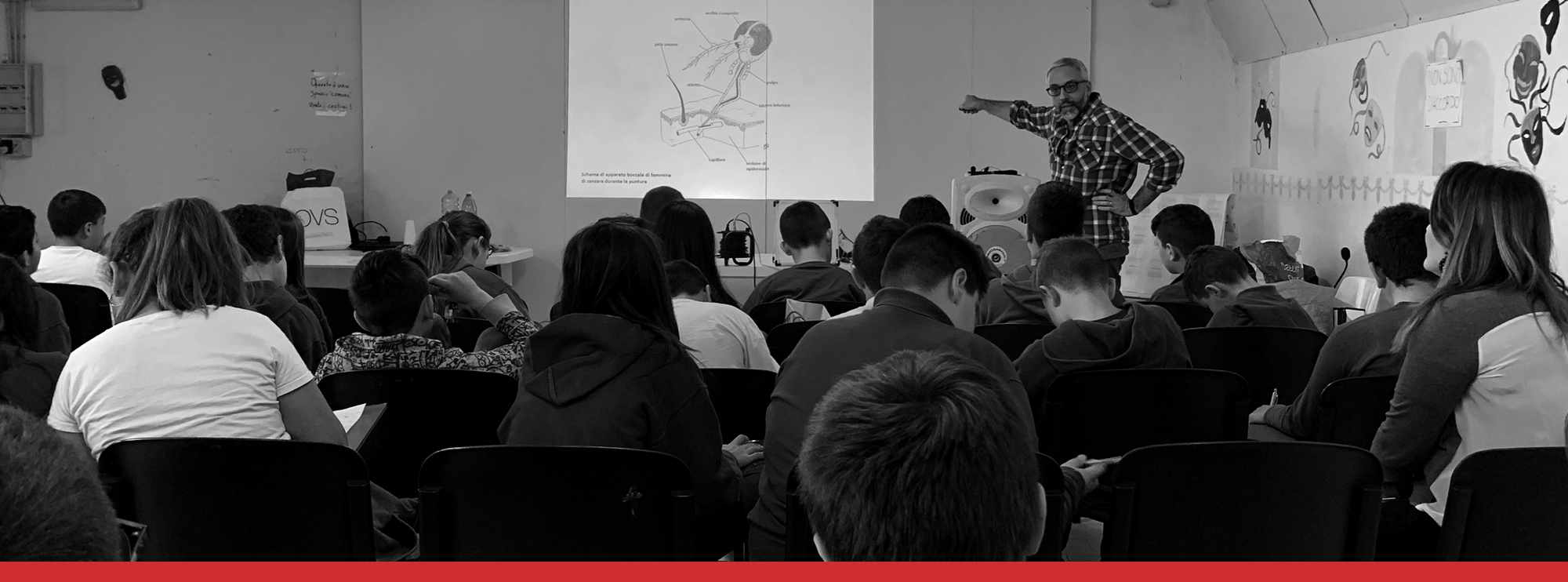2015-2024
The actions put in place in the 2015-2024 period of activity by the STOPTIGRE project have had a positive impact on the attitude of the citizens of the island of Procida to take part in eco-sustainable and community-based control programs against the tiger mosquito. This impact was measured by administering again, in 2019, KAP (Knowledge, Attitude and Practice) questionnaires to about two hundred Procida citizens and verifying how, compared to the year 2015 at the beginning of the project, a significantly higher percentage of citizens said they were in favor of control programs for this vector insect and interested in participating personally in various capacities (access to private property, financial support or voluntary participation) in such initiatives6.

This preliminary assessment bodes well for future phases of the project. In the next years, a more detailed assessment of the impact of the project will be carried out in the field, also taking into account social, cultural, linguistic and economic as well as entomological aspects.
Another element of impact, of an unpredictable and unexpected nature, was had on the molecular genetics research activities carried out in the laboratory at the Department of Biology. Thanks to the actions in the field carried out with citizens, researchers from the Department of Biology were able to observe a phototactic behavior of tiger mosquito larvae in response to lighting with artificial light. This observation in the field has inspired the research and isolation of a gene responsible for the reception of the light signal by tiger mosquito larvae. This gene is being studied and will be used for the development of an innovative automated system of separation of the sexes of mosquito larvae, necessary for the application in the field, on a large scale, of the sterile male technique against this vector.



